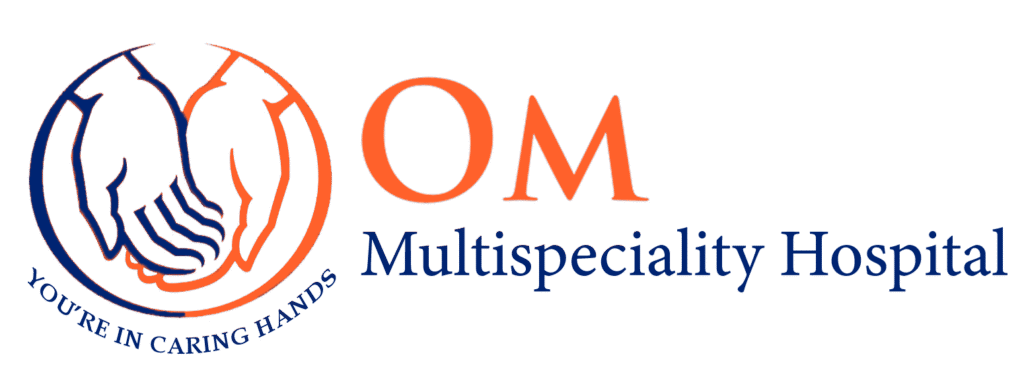Description: Allergies occur when the immune system overreacts to normally harmless substances (allergens) like pollen, dust mites, pet dander, certain foods, insect stings, or medications. This overreaction leads to a range of symptoms as the body releases chemicals like histamine.
-
Common Symptoms:
1.Respiratory: Sneezing, runny or stuffy nose (allergic rhinitis), itchy nose/eyes/throat, watery eyes.
2.Skin: Hives, eczema, itching.
3.Digestive: Nausea, vomiting, diarrhea, abdominal pain (food allergies).
4.Severe (Anaphylaxis): Swelling of the throat, difficulty breathing, dizziness, rapid pulse, loss of consciousness (a medical emergency). -
Diagnosis:
1.Medical History: Detailed discussion of symptoms, triggers, and family history.
2.Skin Prick Test: Small amounts of allergens are pricked into the skin; a raised, red bump indicates an allergy.
3.Blood Test (IgE antibodies): Measures specific antibodies in the blood that are elevated during an allergic reaction. -
Care & Treatment:
1. Allergen Avoidance: The first line of defense; identifying and minimizing exposure to triggers.
2.Medications:
Antihistamines: Oral or nasal sprays to relieve sneezing, itching, and runny nose.
Nasal Corticosteroids: Reduce inflammation in the nasal passages.
Decongestants: Relieve stuffiness (short-term use).
Leukotriene Modifiers: Block inflammatory chemicals.
3. Immunotherapy (Allergy Shots/SLIT): A long-term treatment involving regular exposure to increasing doses of allergens to desensitize the immune system.

